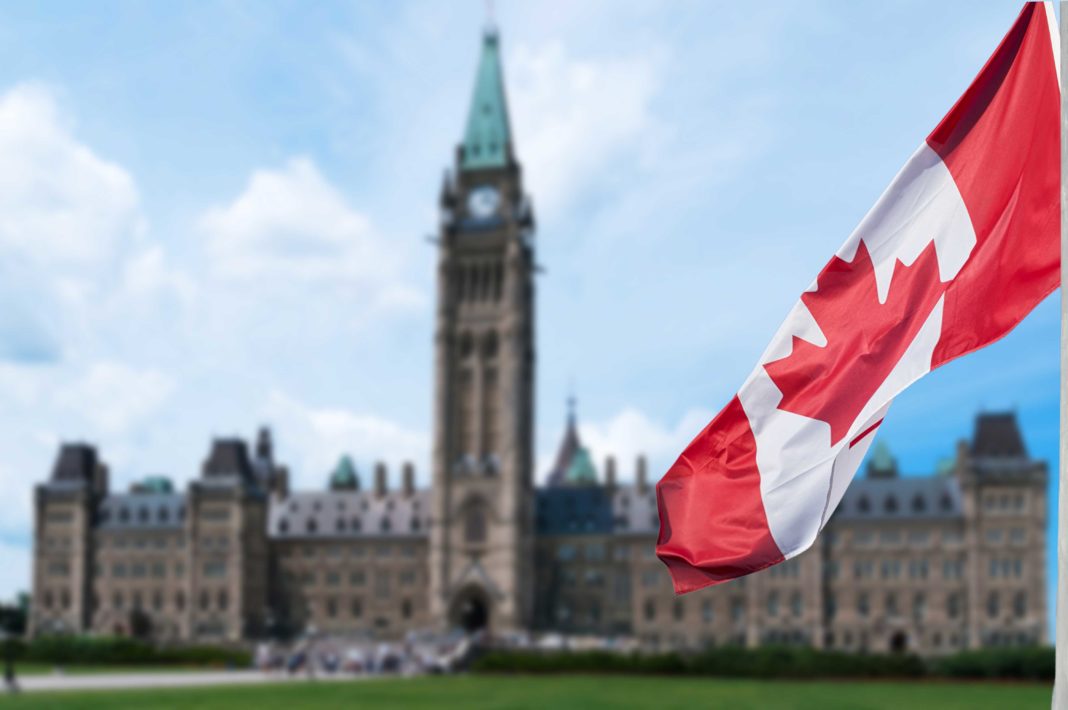OTTAWA – The Liberal government has flipped the reset switch on Parliament in the midst of a global pandemic and while the prime minister and his former finance minister are under siege for not recusing themselves from debate over awarding a student aid package to WE Charity, an organization to which both have family links.
On Tuesday, August 18 Prime Minister Justin Trudeau called upon Her Excellency the Right Honourable Julie Payette, Governor General of Canada, to prorogue Parliament until September 23. A new Parliament will then ensue with a new Speech from the Throne.
The move has angered the opposition parties and led to accusations that the prime minister was attempting a cover-up.
Algoma-Manitoulin-Kapuskasing MP Carol Hughes sent out a release condemning the move.
“With Canadians struggling through the pandemic, the government needs to live with their mistakes and focus on real priorities,” reads the release, which went on to suggest that “The event has the potential to trigger a snap election,” something Ms. Hughes said would “create an unnecessary gap in our efforts to contain the pandemic.”
Ms. Hughes went on to assert that “The WE Charity scandal that has cost the prime minister a star cabinet member with the resignation of his finance minister, will not magically disappear along with Mr. Morneau. While Canadians wait for direction and assistance, the government is occupied with their own fortunes.”
The government, on the other hand, maintains the move is necessary given the unprecedented changes that have taken place since the last Speech from the Throne.
“Today, I have asked the governor general to prorogue Parliament, which must happen before any government can present a throne speech,” he said. The speech will lay out the government’s long-term plan to recover from the global pandemic, he said, adding that it will also provide an opportunity for a vote on whether the House has confidence in the government. This would be the snap election possibility referenced by Ms. Hughes.
“We are taking a moment to recognize that the throne speech we delivered eight months ago made no mention of COVID-19, had no conception of the reality we find ourselves in right now,” said Prime Minister Trudeau during an Ottawa news conference following his talk with the governor general.
“We need to reset the approach of this government for a recovery to build back better,” said the prime minister, “and those are big, important decisions and we need to present that to Parliament and to gain the confidence of Parliament to move forward on this ambitious plan.”
The move followed close on the heels of the swearing in of Deputy Prime Minister Chrystia Freeland to replace Bill Morneau, thereby becoming the country’s first female finance minister.
Mr. Morneau, himself under heavy fire over the WE issue, had resigned both as finance minister and as a Liberal MP, citing a desire to run for the position of secretary general of the Organization for Economic Co-operation and Development (OECD).
Almost concurrent with the announcement of the prorogation, as her first act after being sworn in as finance minister, Minister Freeland, together with Minister of Employment, Workforce Development and Disability Inclusion Carla Qualtrough announced a $37 billion package aimed at transitioning the Canadian economy from the supports instituted as the pandemic restrictions hit the country with the biggest hit financial hit since the Second World War.
Prorogation is a normal function in a Westminster Parliamentary system such as Canada, and it is generally used to “reset” the government agenda when it is believed to have outrun its mandate. In recent years it has also been used by governments to hit the pause button on unfavourable situations—notably by the Harper government to avoid a non-confidence vote and by the Chretien government to try and quell the Quebec sponsorship scandal that eventually toppled the Martin government.
The move to prorogue Parliament kills any outstanding bills that have not yet become law, but those bills could be later introduced to be treated as if they were new. Bills can also be revived at the same stage they were at previously if they can secure unanimous consent of the House.
Private members’ bills, however, are treated differently and are subject to automatic reinstatement once Parliament’s new session begins next month.
More germain to the present situation, committees stop sitting after prorogation, but like interrupted bills, committee work may be revived later by either the House or in committee. This means that prorogation will temporarily pause several ongoing committee probes into Trudeau’s government and the WE Charity controversy because those committees cannot meet.
In an attempt to short-circuit criticisms over that fact, the government has released thousands of pages of documents related to the WE charity decision for MPs to study at their leisure until the return of Parliament.
The possibility of a new election is very real as the new Conservative leader, Erin O’Toole, has vowed to topple the government at the first opportunity and the other pillar of the minority government, the Bloc Quebecois has also signaled their intent to bring the government down. While NDP leader Jagmeet Singh has not announced an intention to follow suit, he has publicly stated that the NDP has secured the funds needed to fight a national election.





